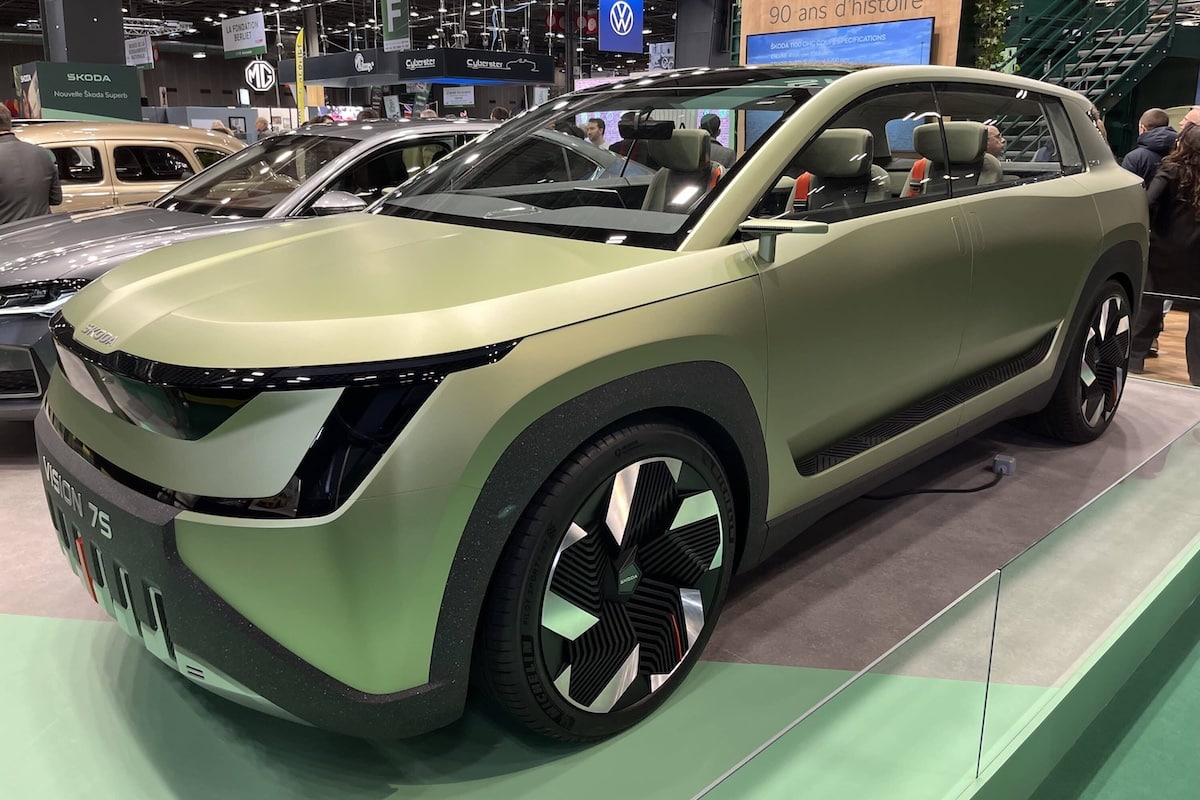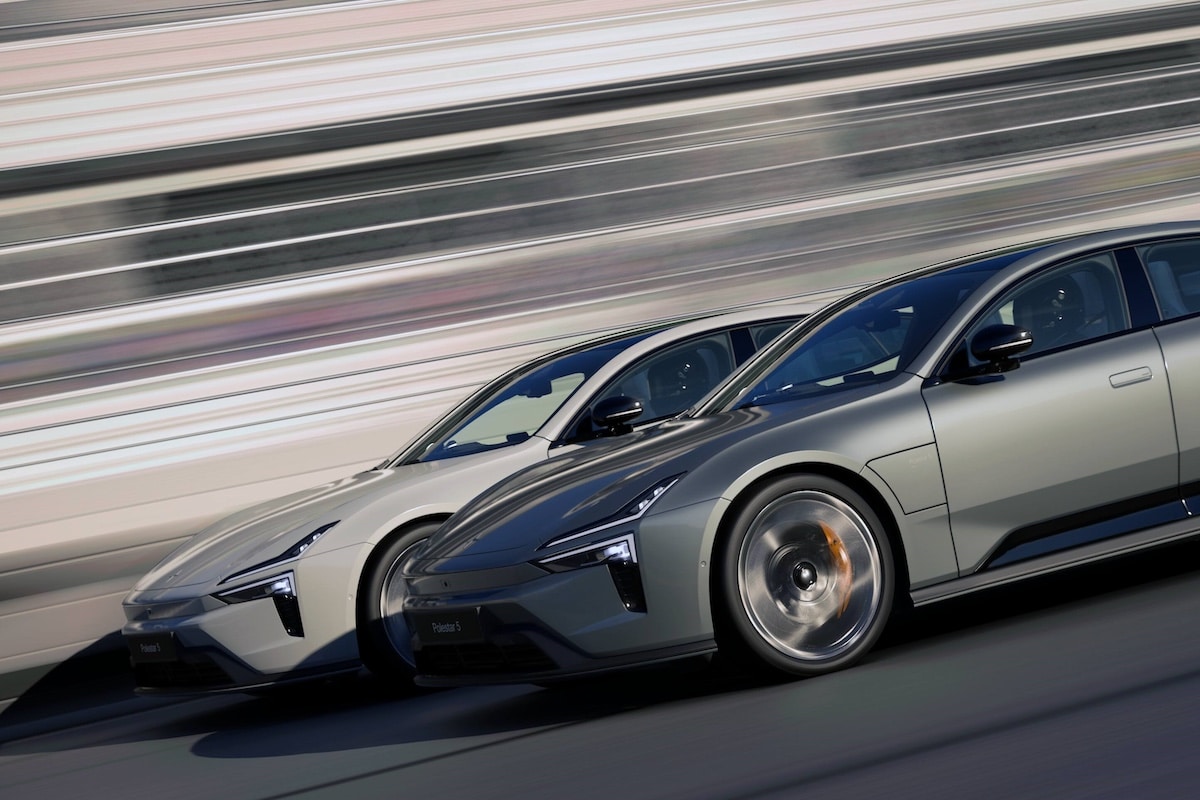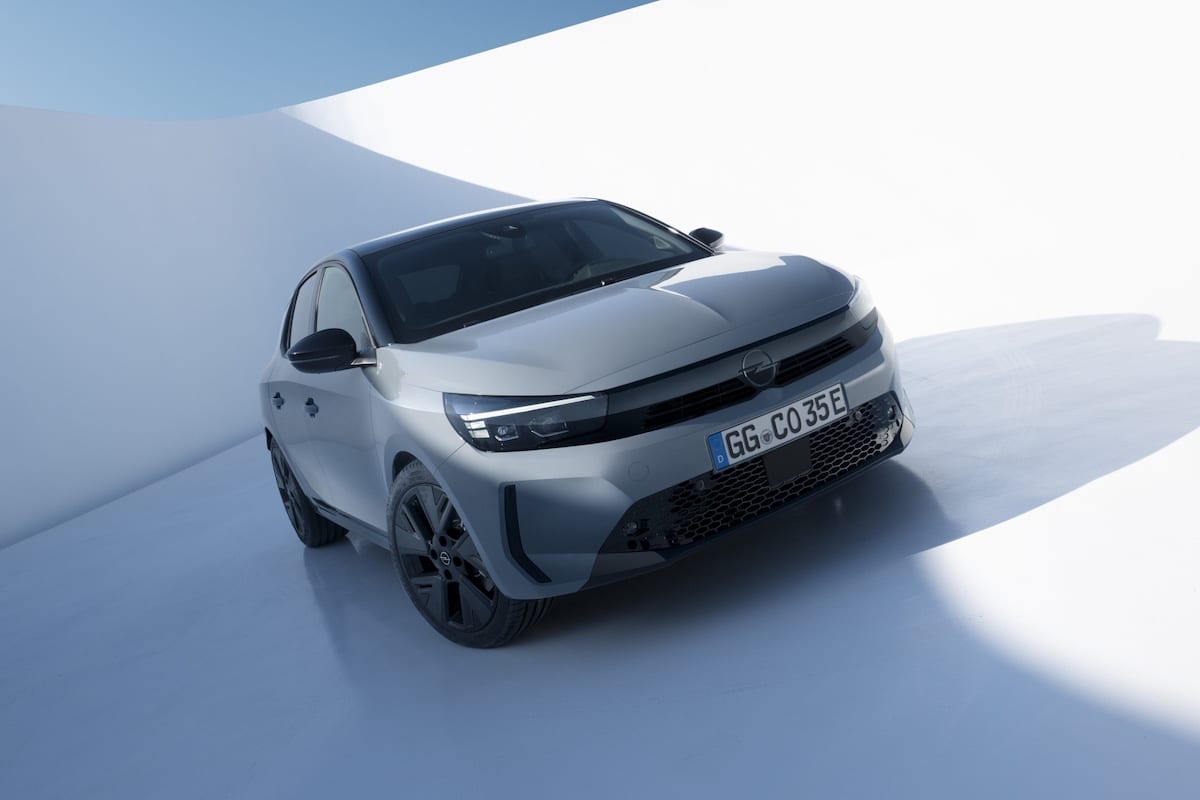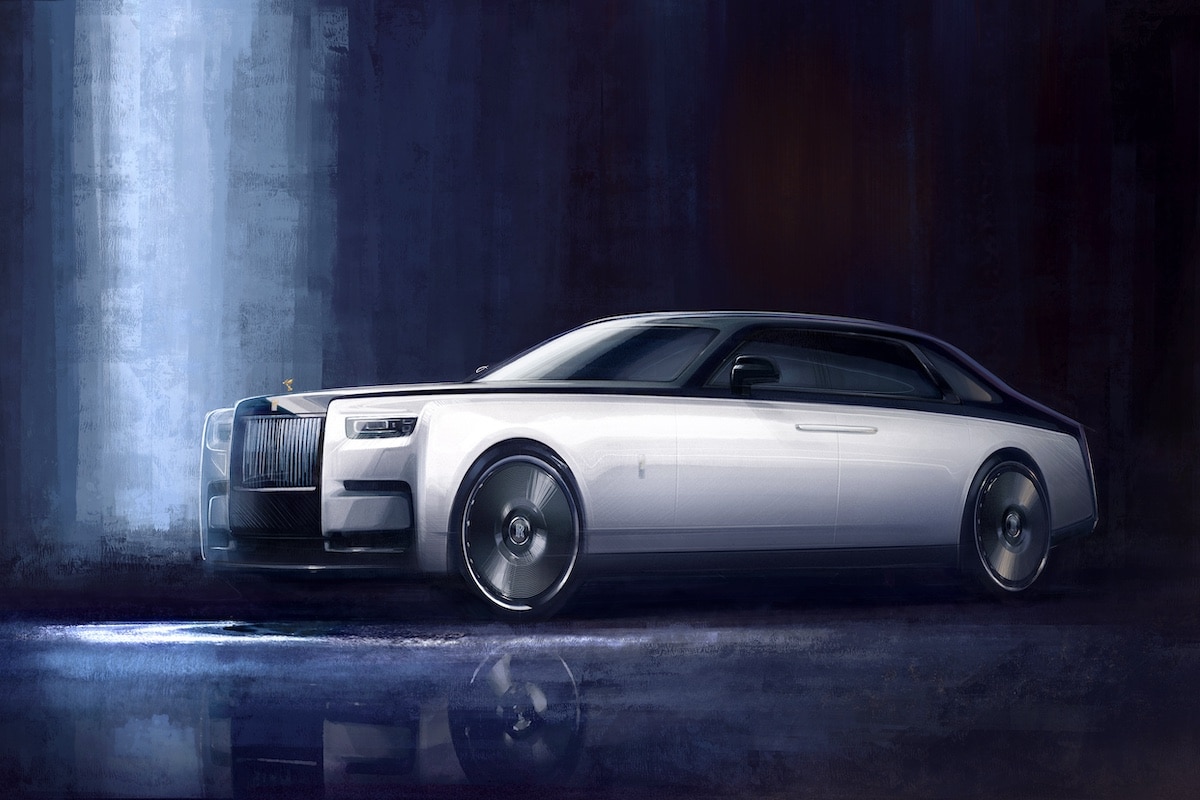Can using navigation increase a car’s range?

The range of electric vehicles is a central issue for drivers and manufacturers exploring various solutions.
While optimizing energy consumption, and therefore range, already involves multiple systems, an interesting idea could be to use the onboard navigation to dynamically adjust the power and torque of the motor to maximize energy efficiency.
Route-based Optimization
When a driver inputs a route into the vehicle’s GPS, several data are accessible: terrain, speed limits, traffic, and weather conditions. These pieces of information could allow the vehicle’s energy management system to adapt consumption and thus improve range. For example, if a long downhill is identified, the car could reduce energy usage beforehand, knowing it will recover energy via regenerative braking.
Some manufacturers have already integrated systems that leverage these parameters. Tesla, for example, adjusts energy management to ensure arrival at a Supercharger with optimal charge, but without directly limiting power. Mercedes, with its EQE and EQS models, offers an “intelligent navigation” that optimizes consumption based on the route. BMW and Lucid also adopt predictive algorithms to anticipate energy use.
Towards an “Intelligent Eco” Mode?
Despite these advances, the dynamic reduction of power and torque based on the route remains an area to explore. One could imagine an “Intelligent Eco” mode that automatically adjusts performance according to upcoming roads. Such a feature would maximize range without significantly impacting the driving experience.
The use of navigation to optimize the efficiency of electric vehicles is therefore a promising avenue for manufacturers. While some systems already utilize these data, there is still potential to further improve range by dynamically adjusting power and torque based on the planned route. An evolution that could be a relevant response to range anxiety in electric cars.
READ ALSO: Tesla Model Y 2025: the guide to ranges and efficiencies
This page is translated from the original post "Peut-on augmenter l’autonomie d’une voiture en utilisant la navigation ?" in French.
We also suggestthese articles:
Also read





